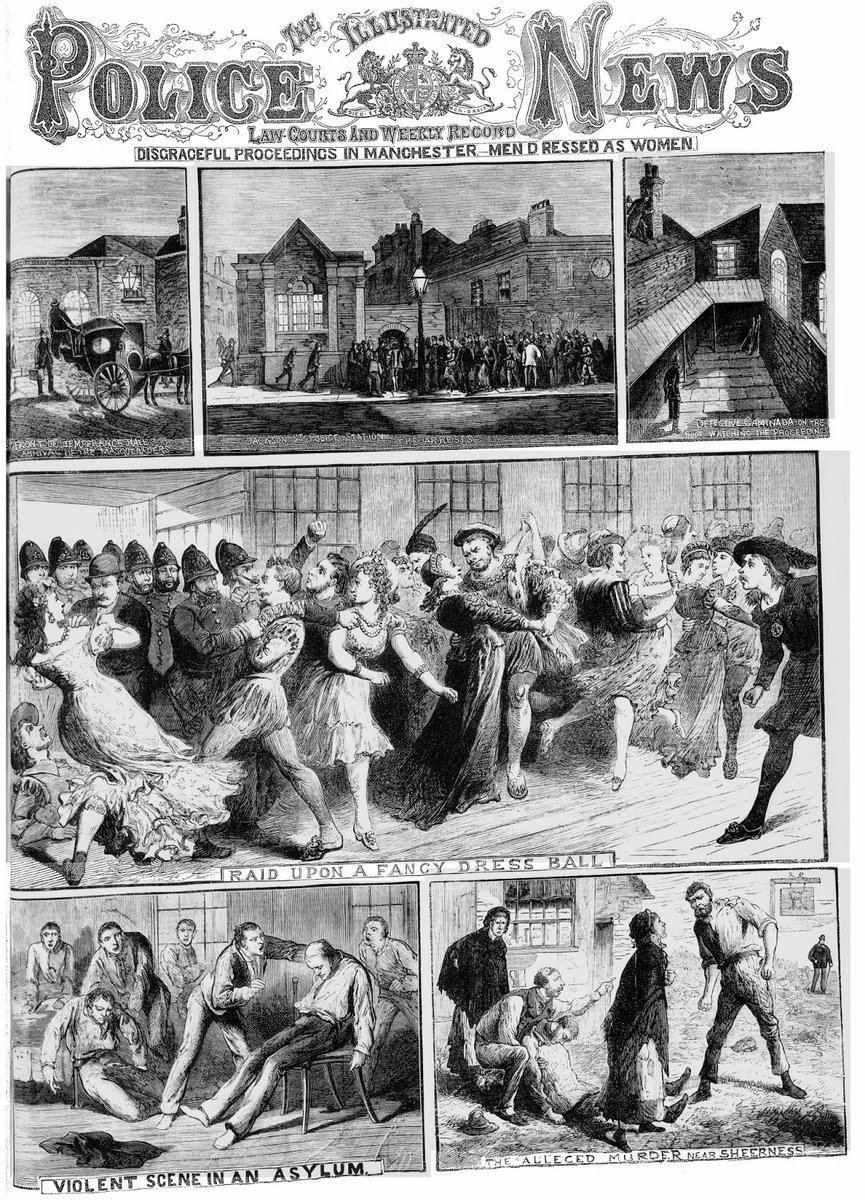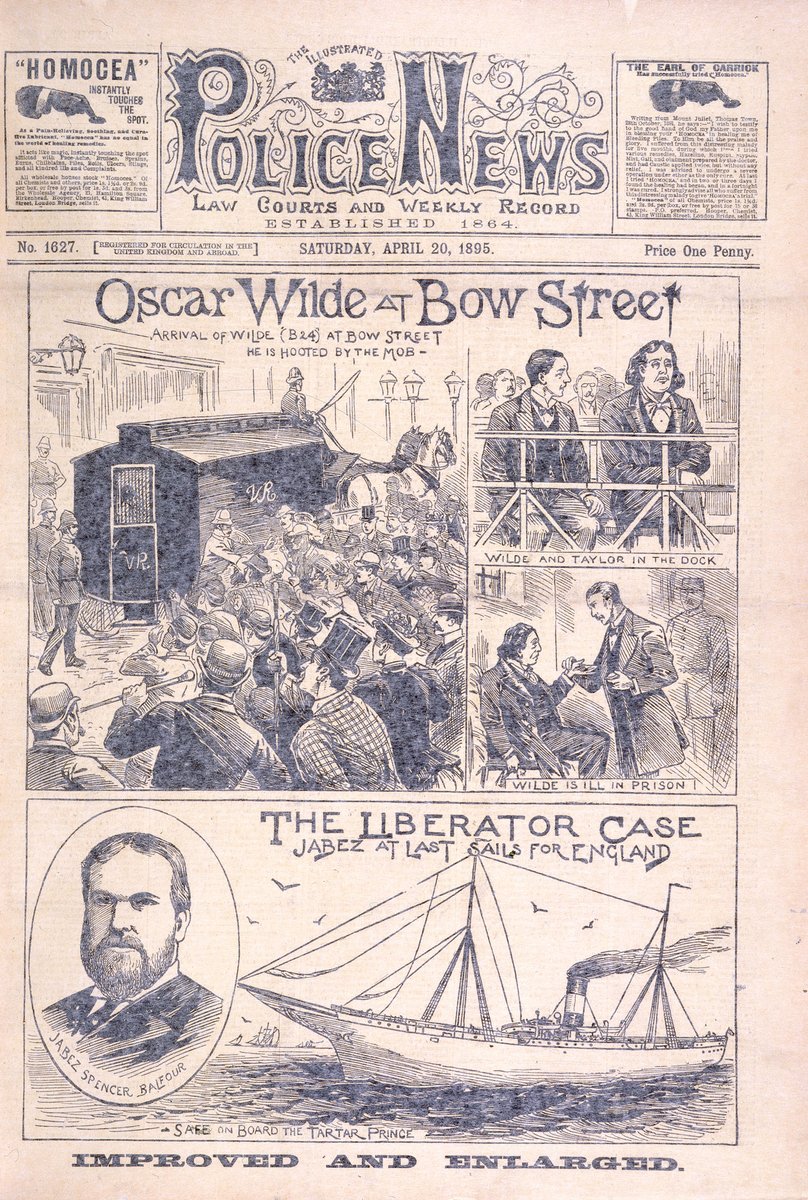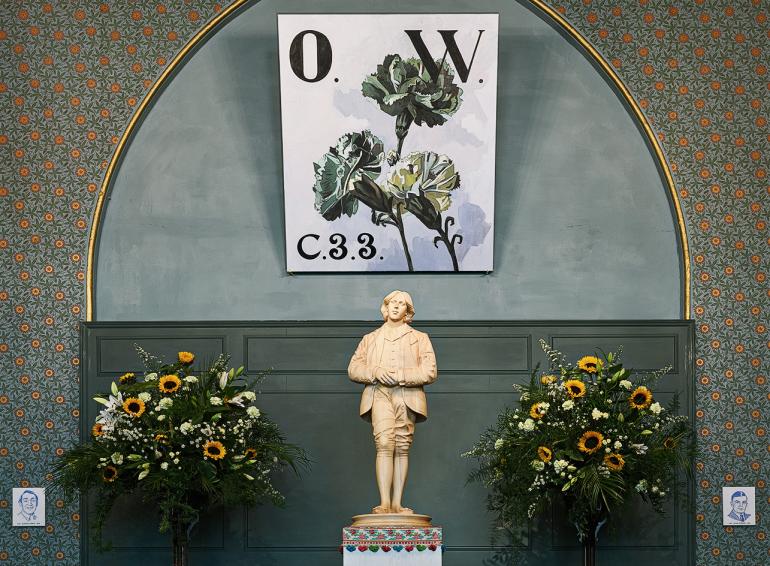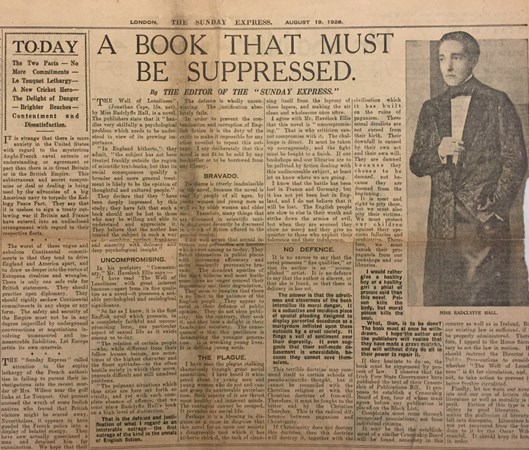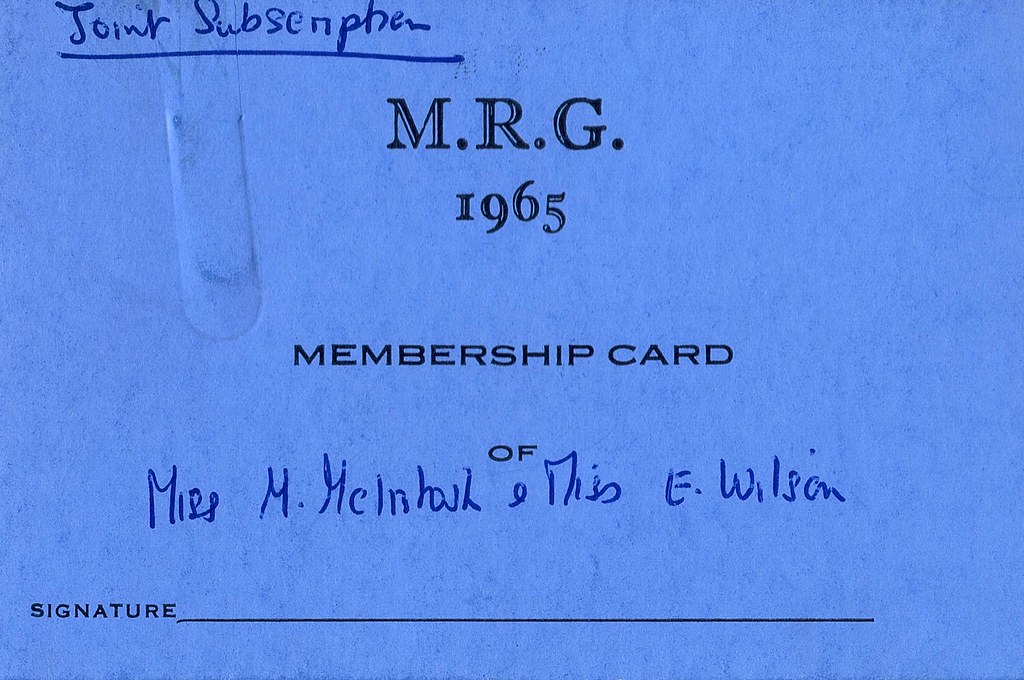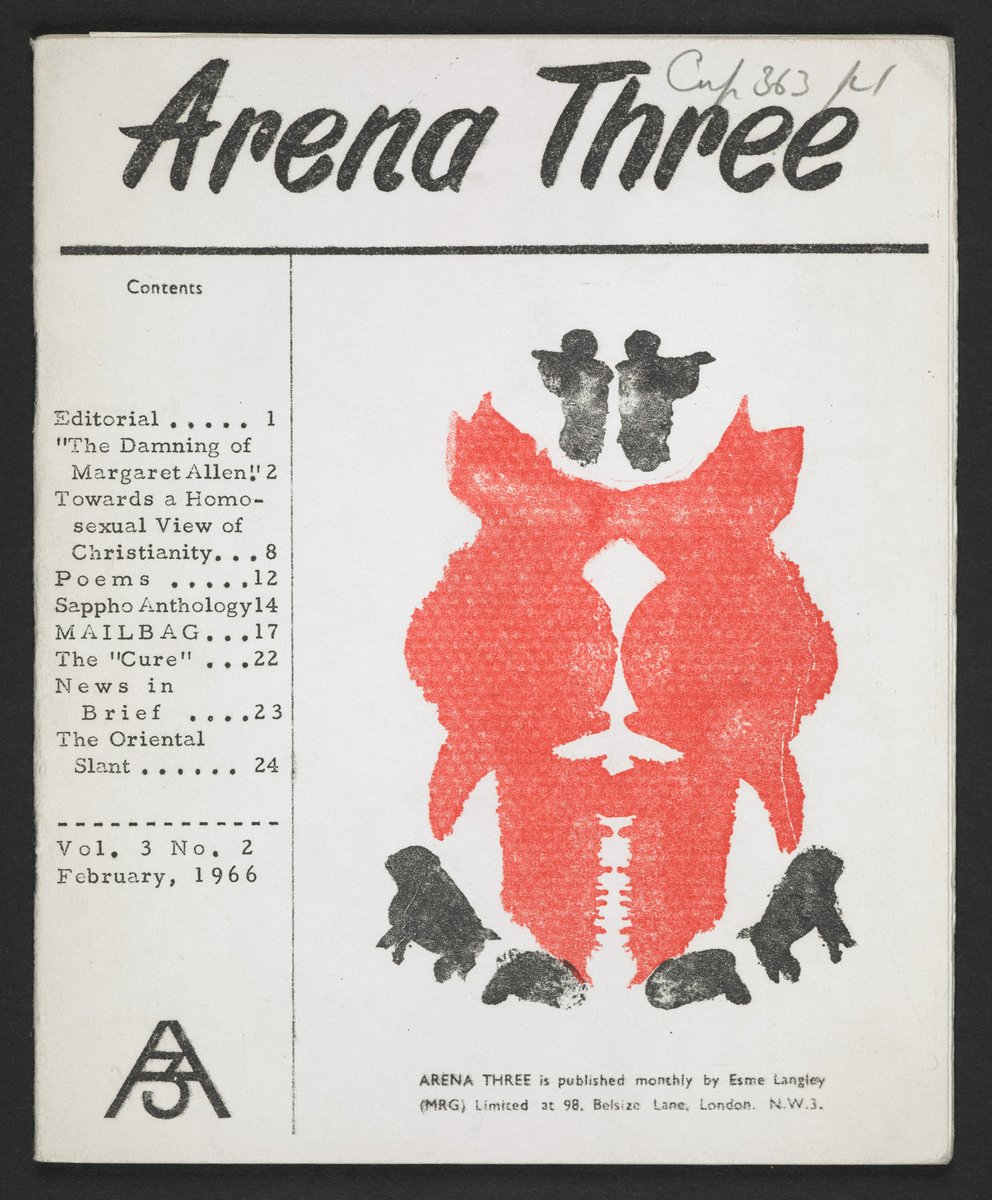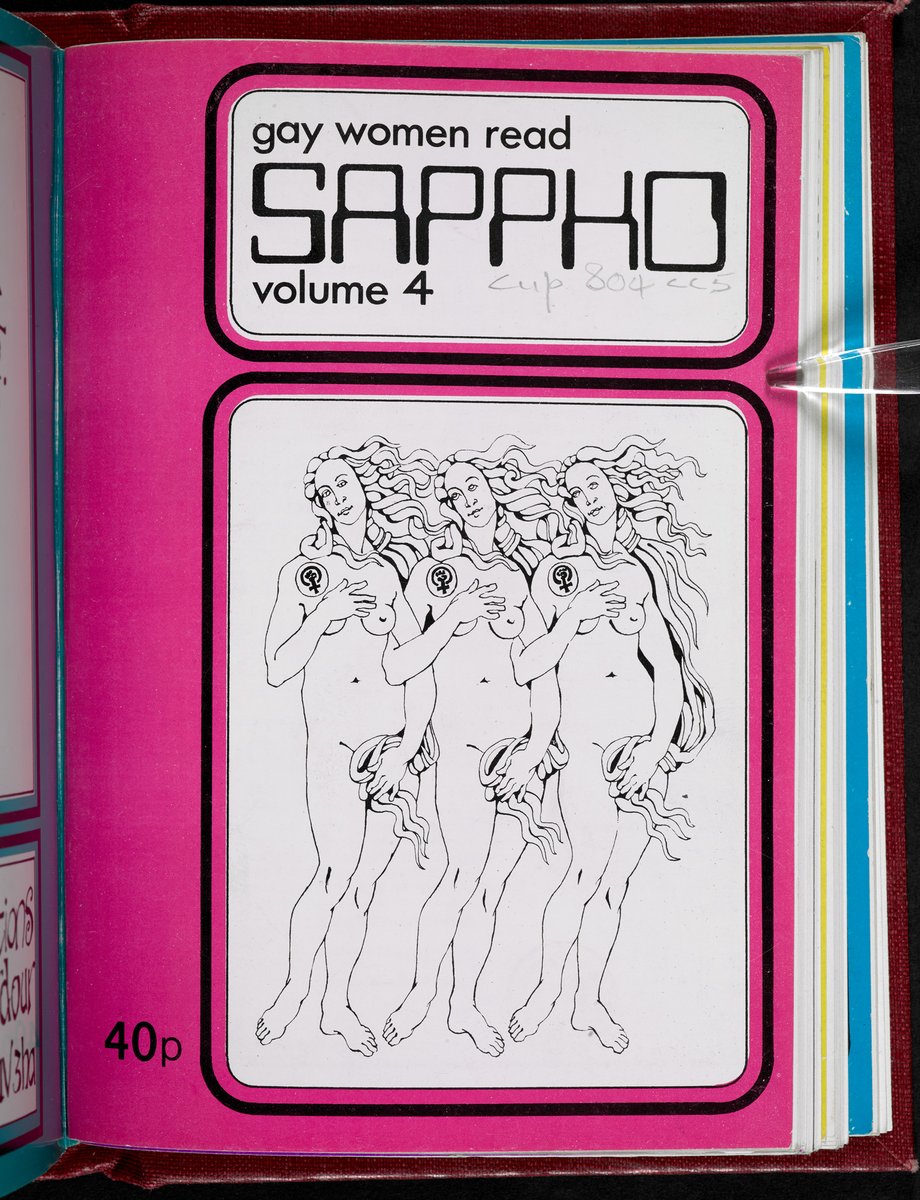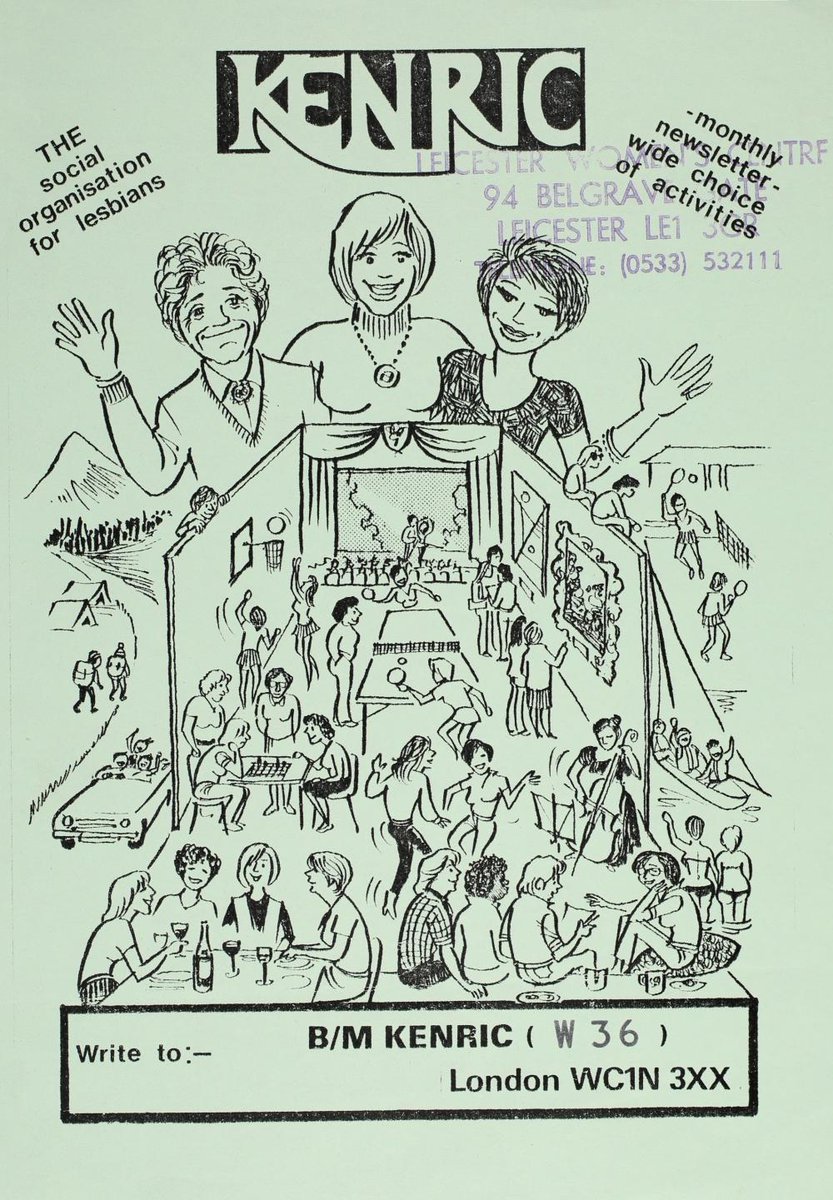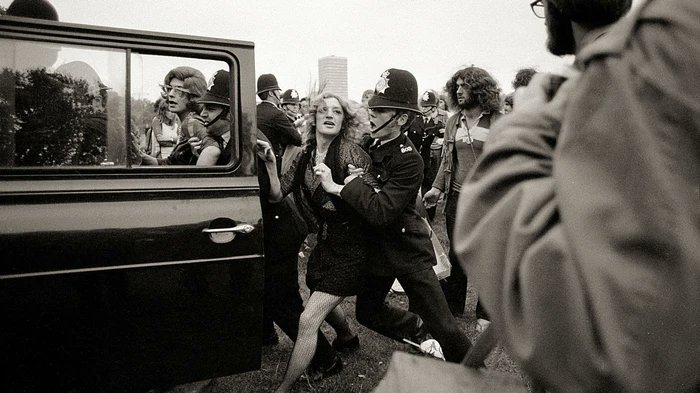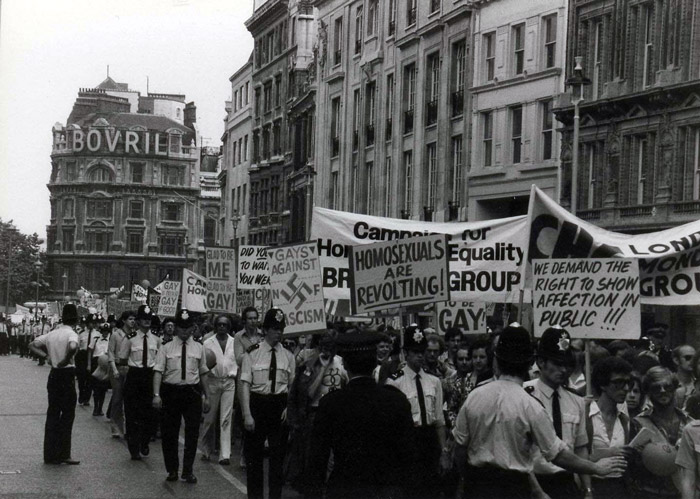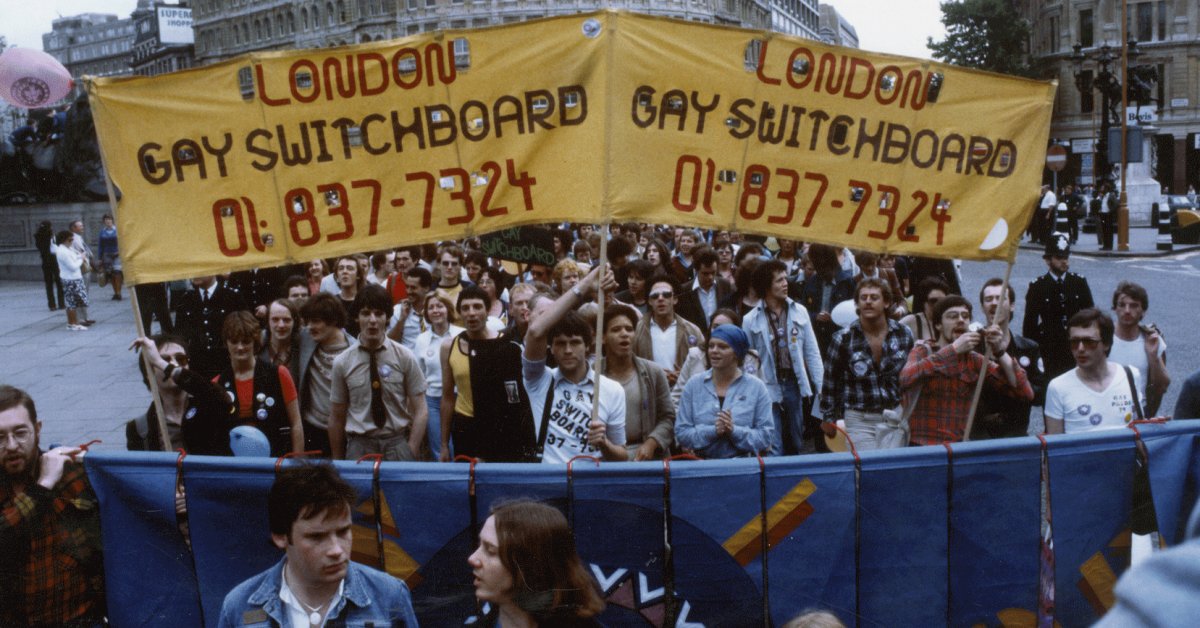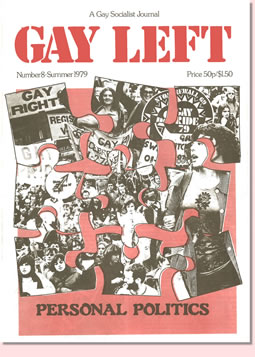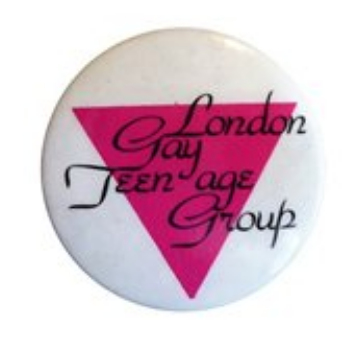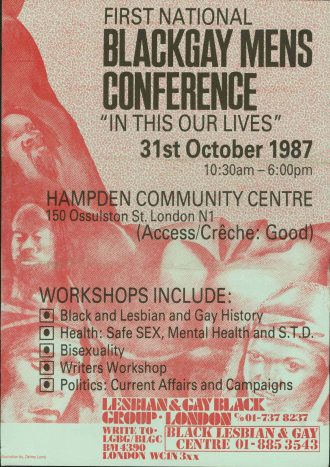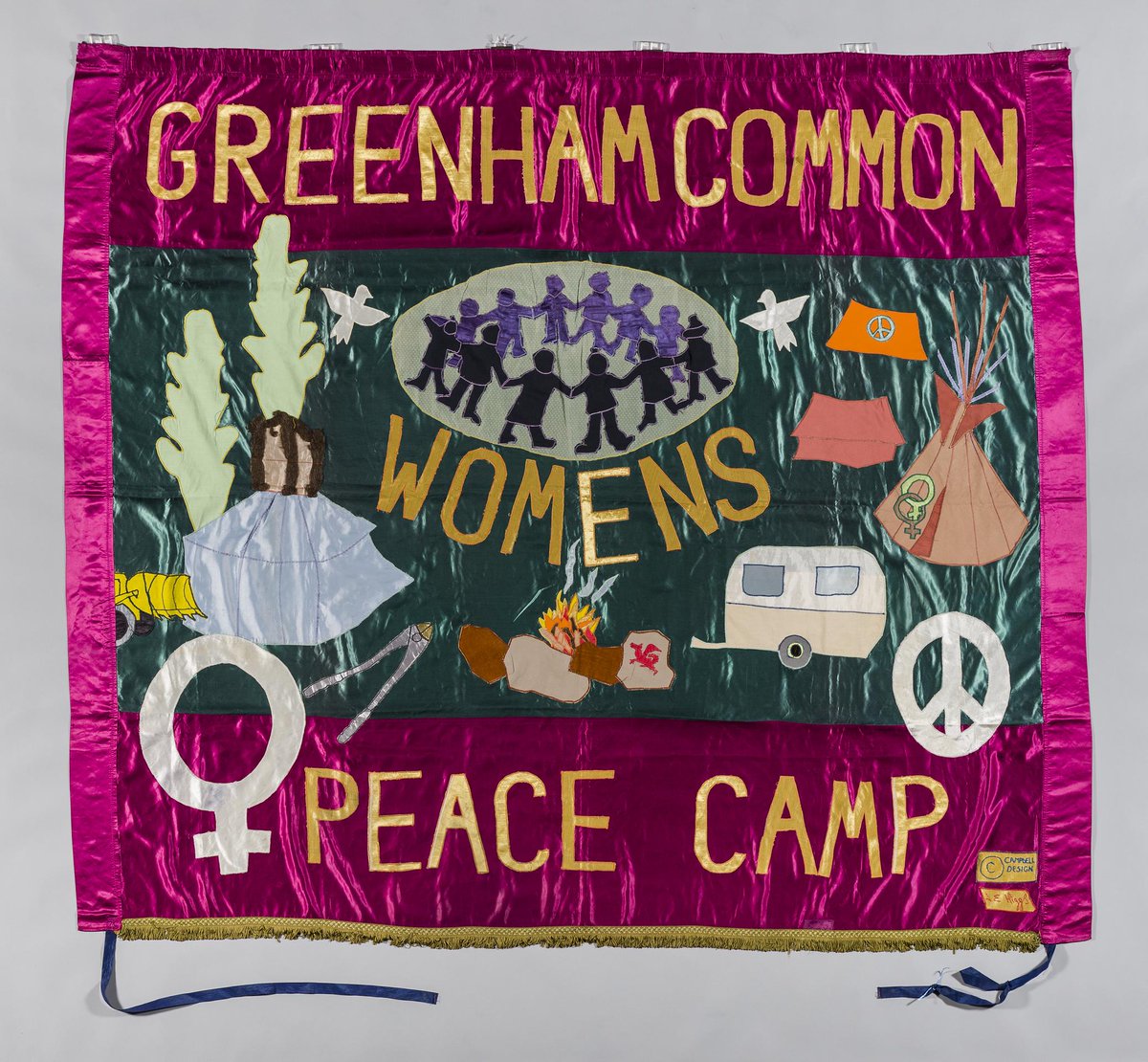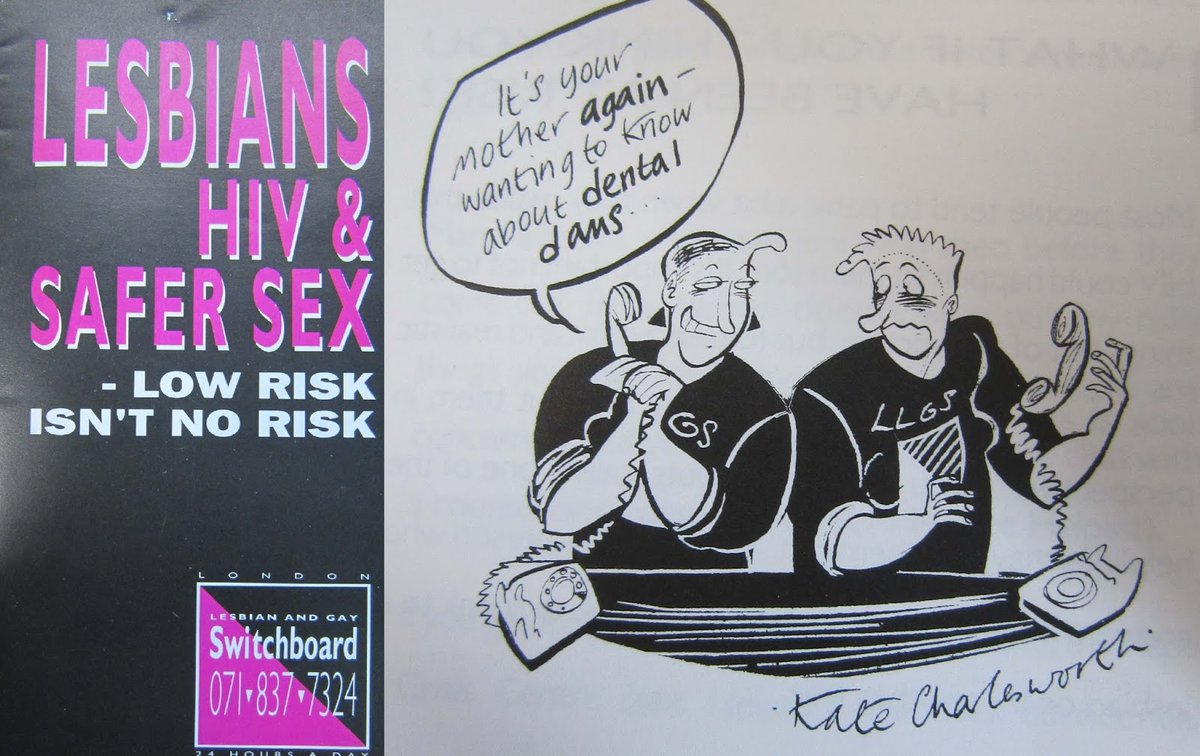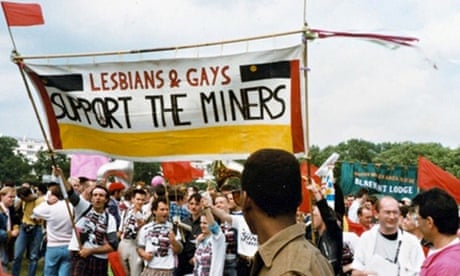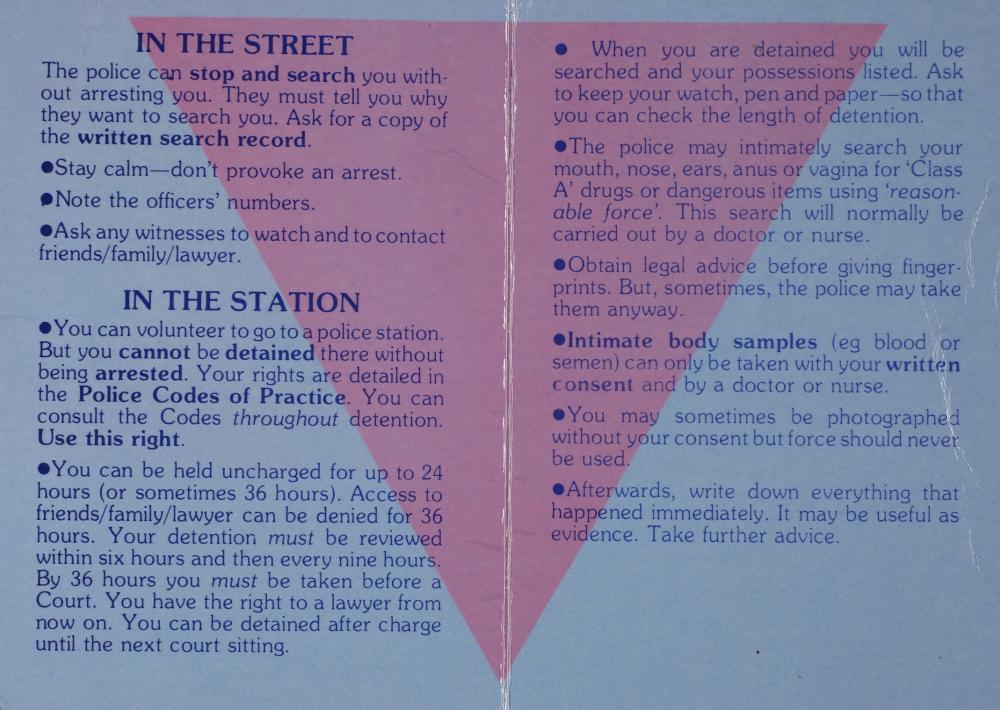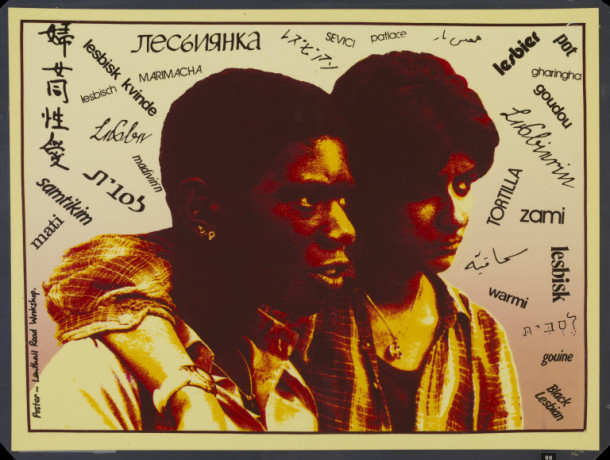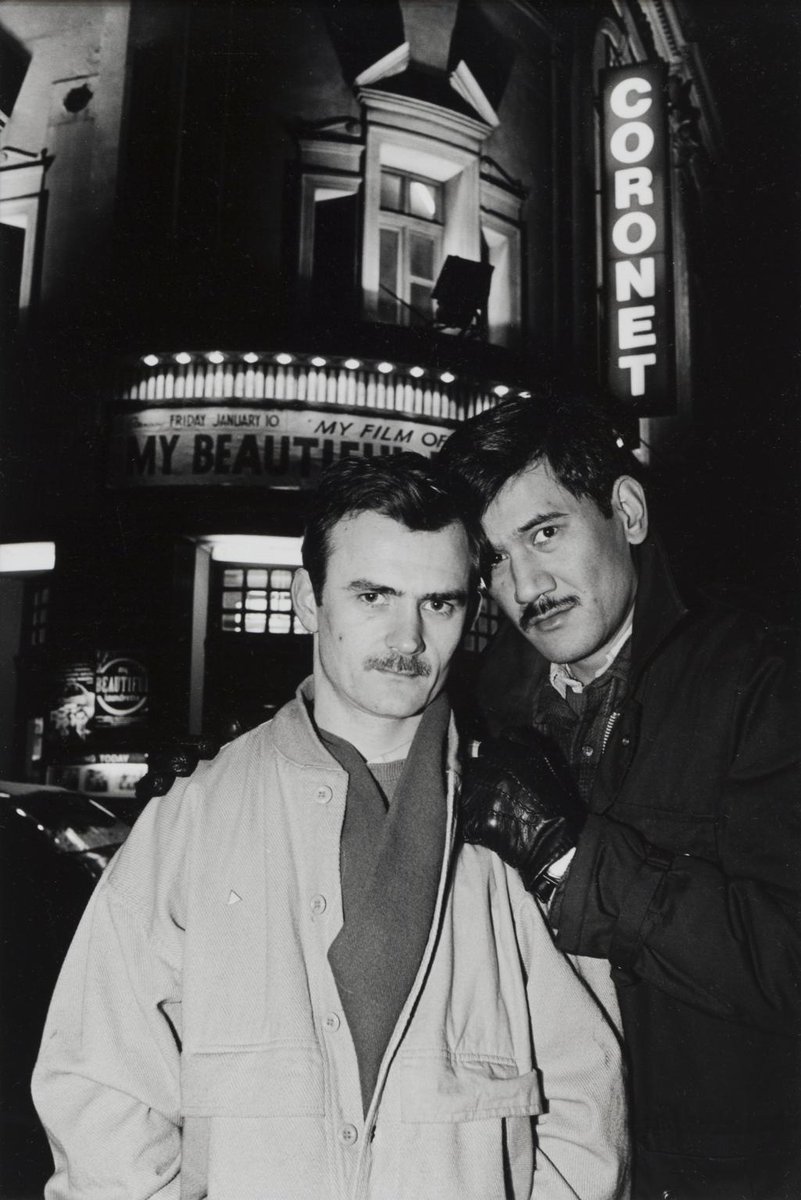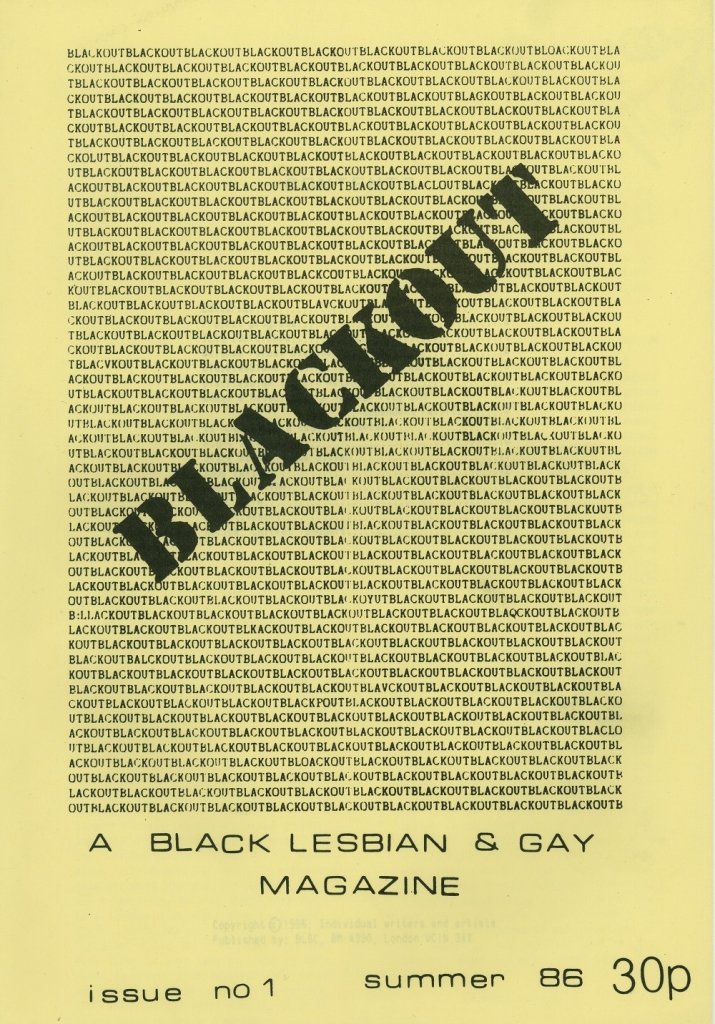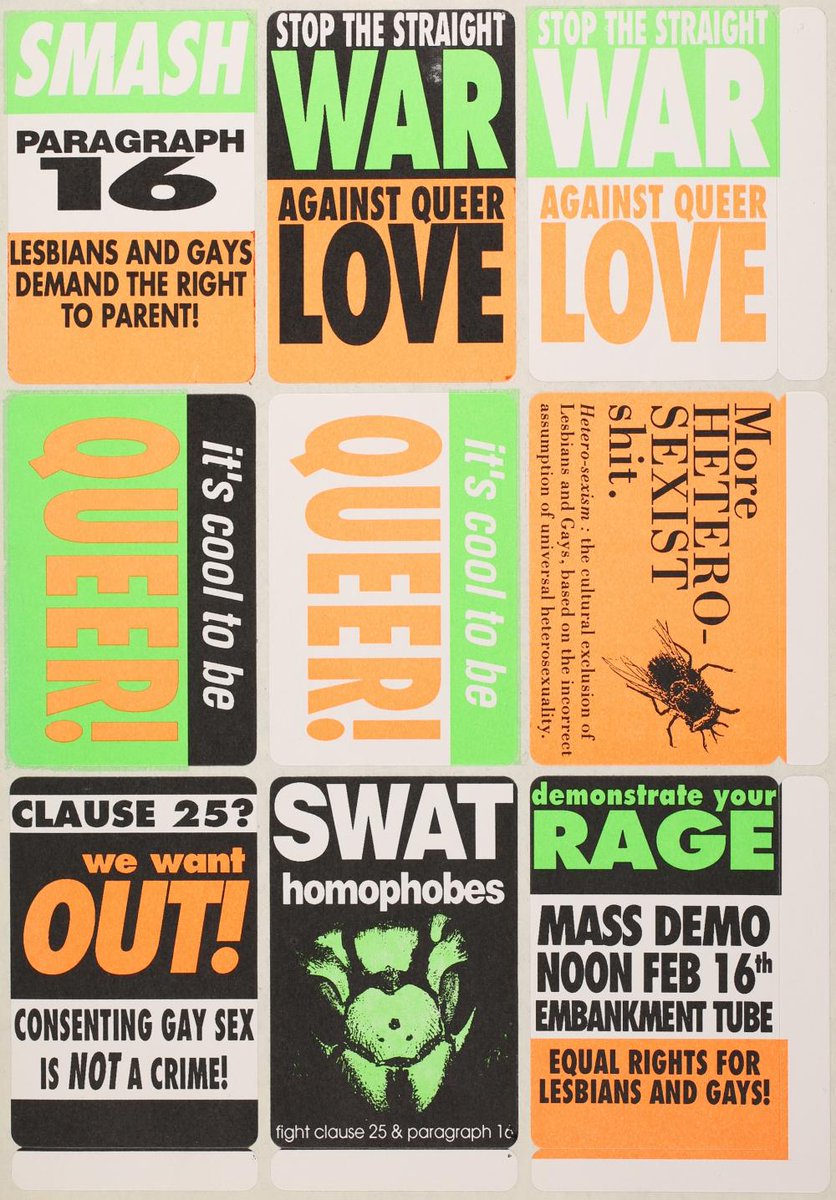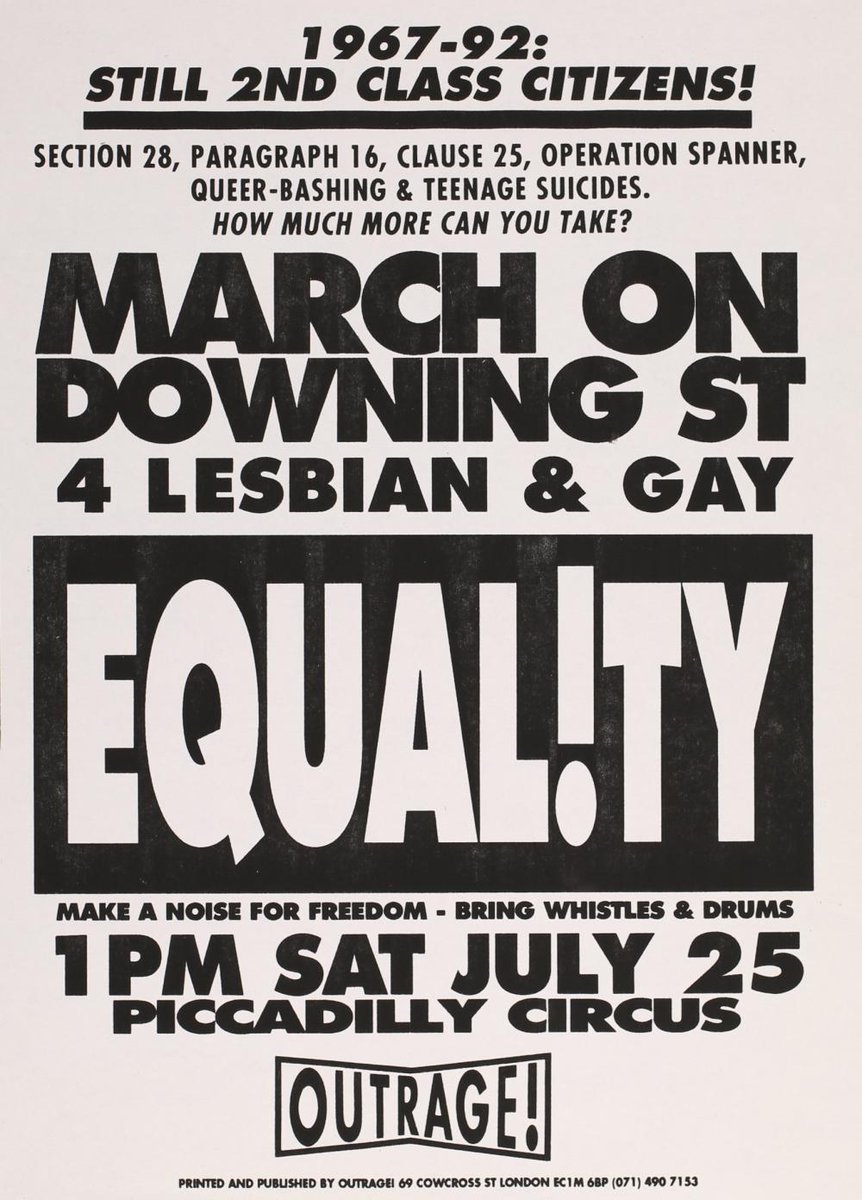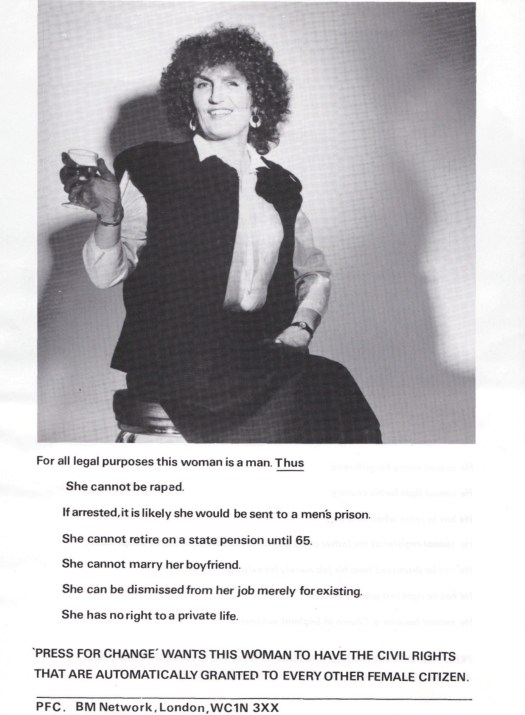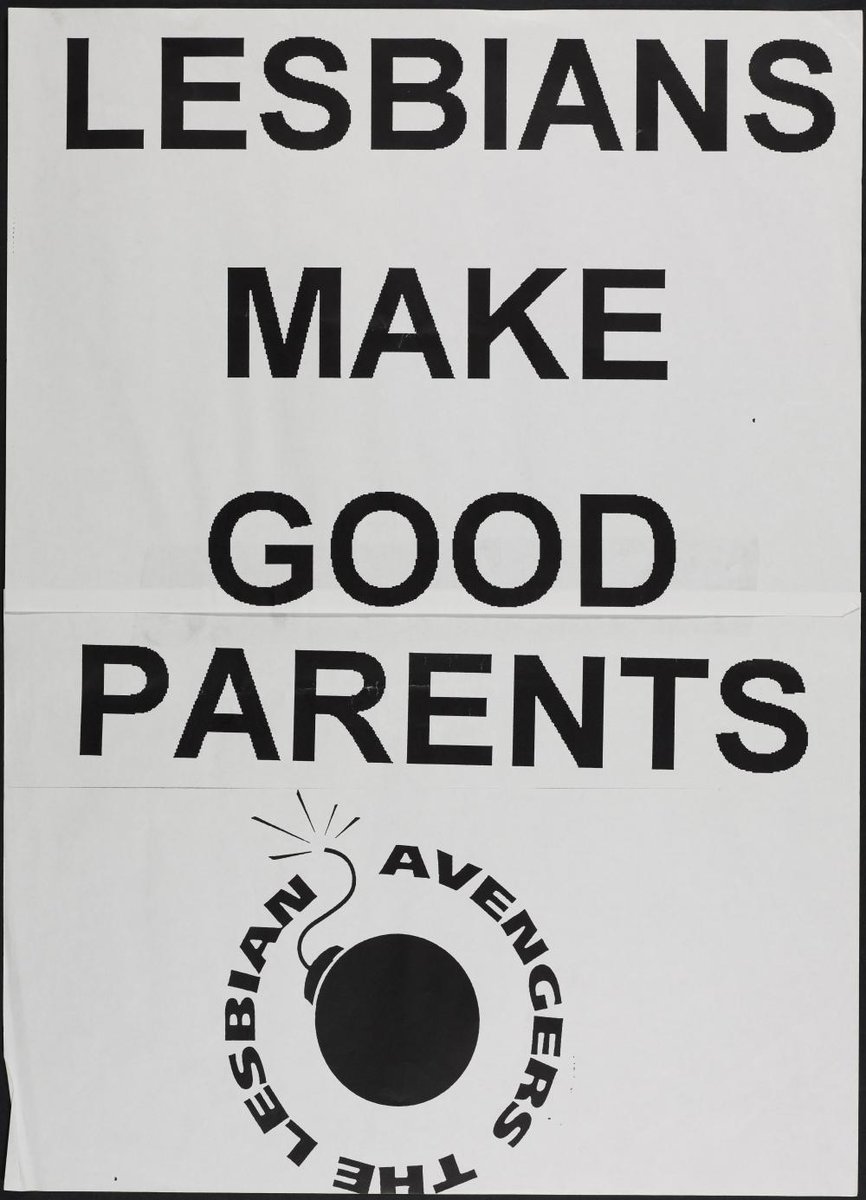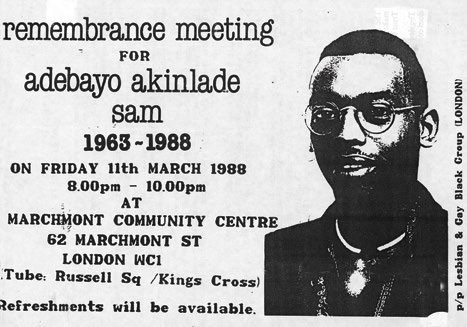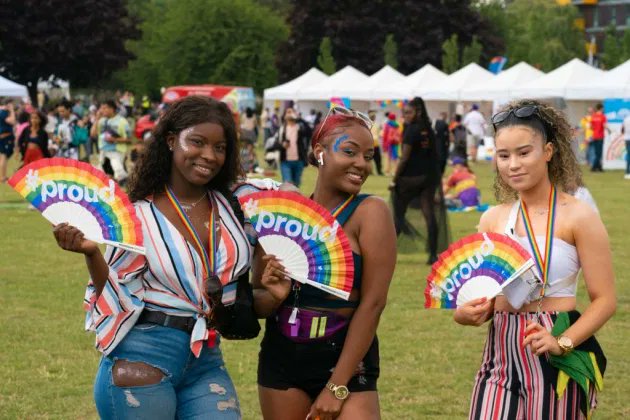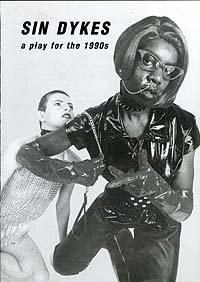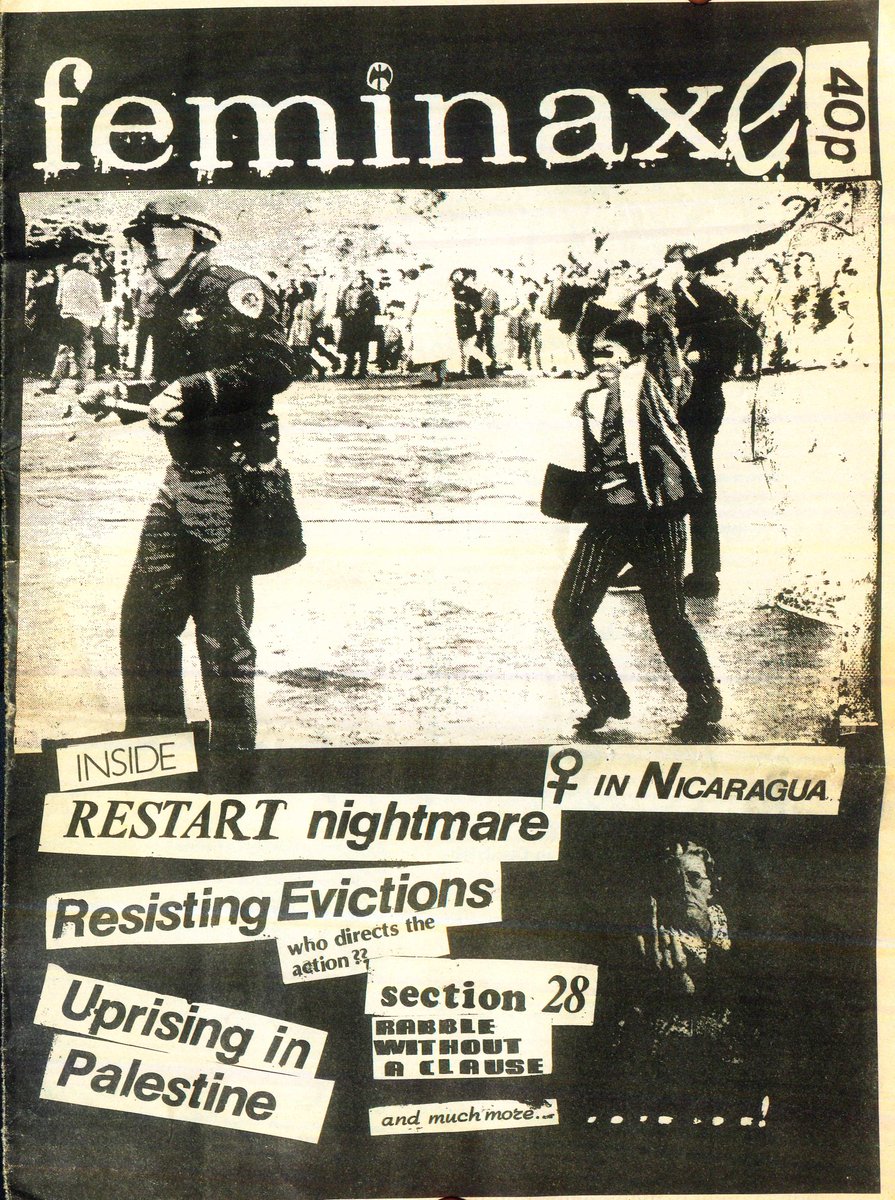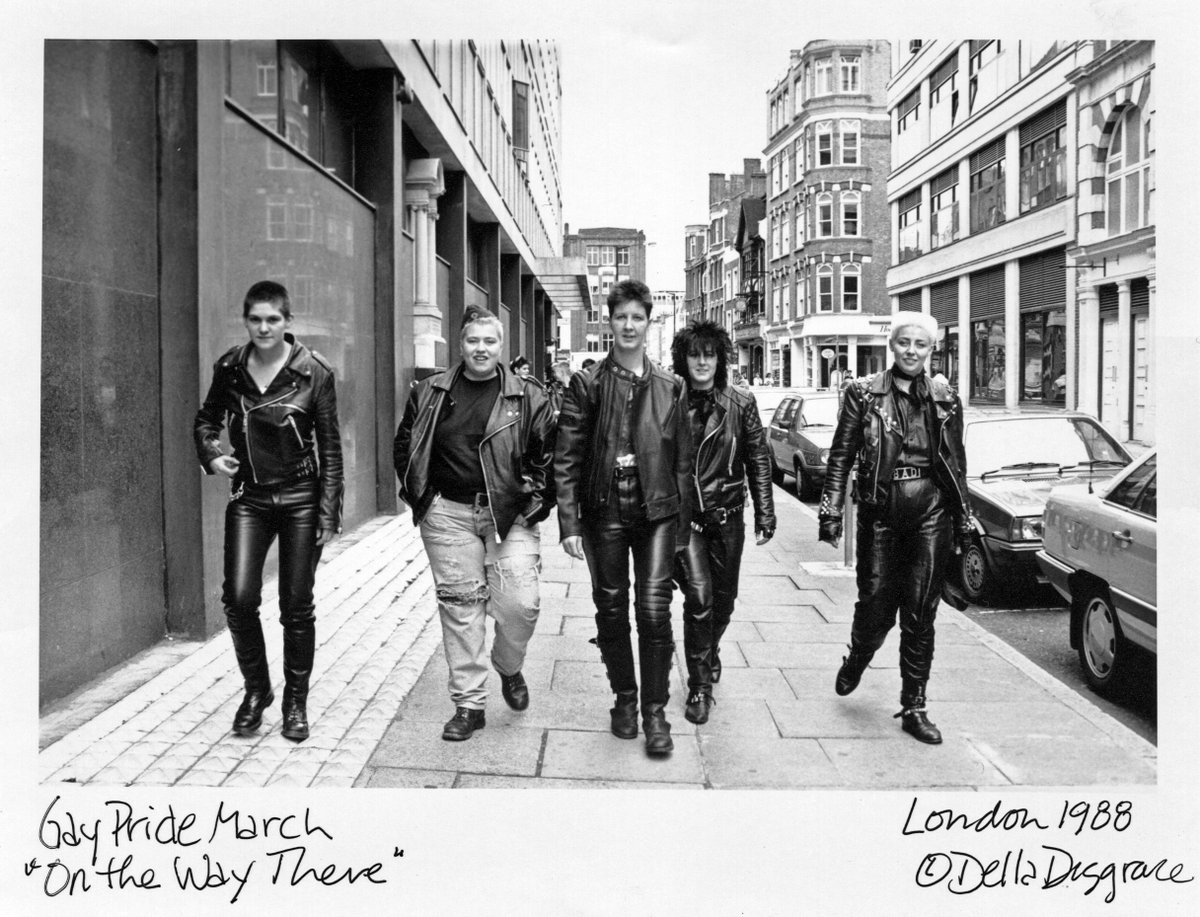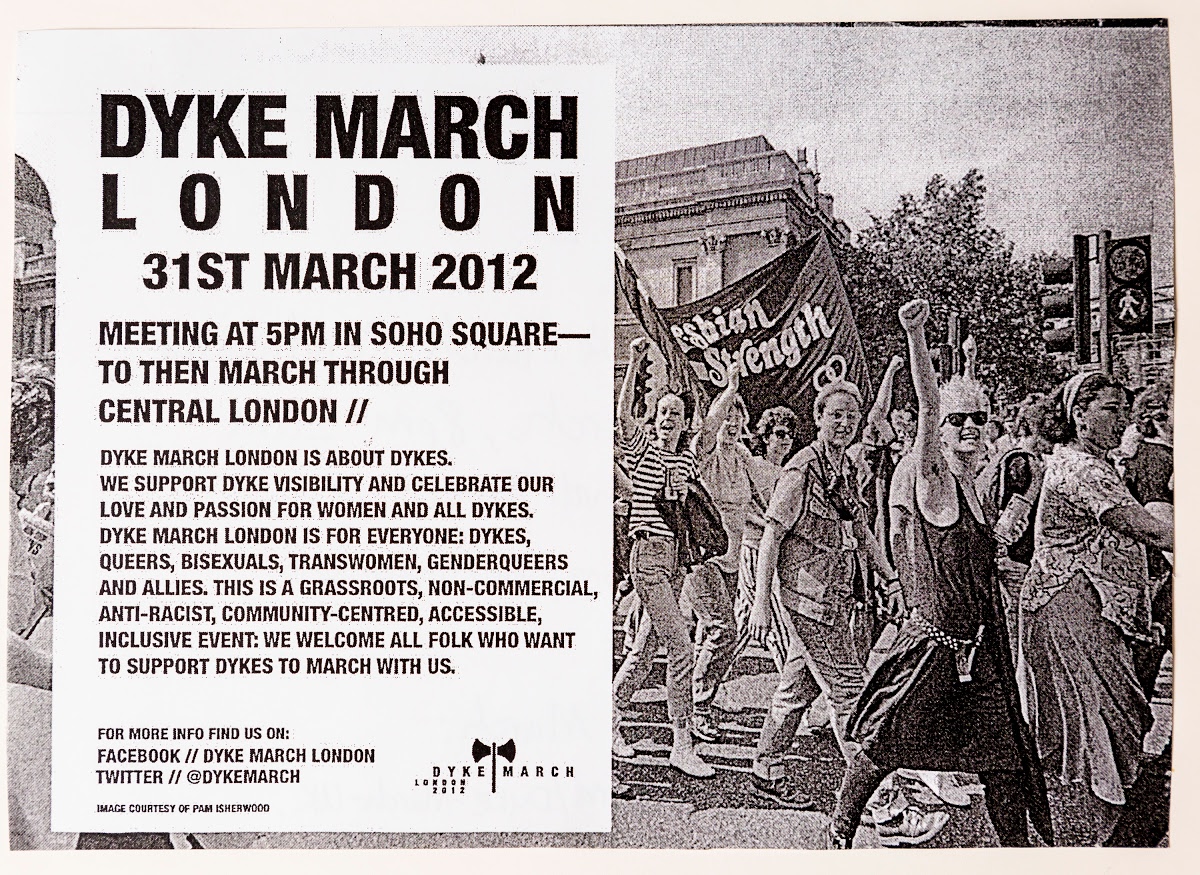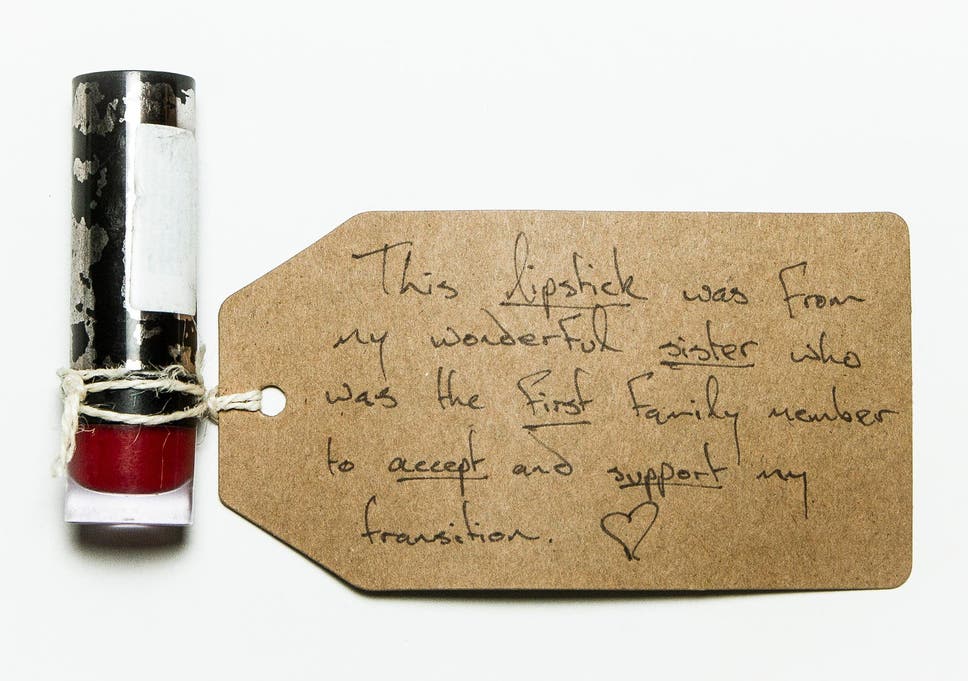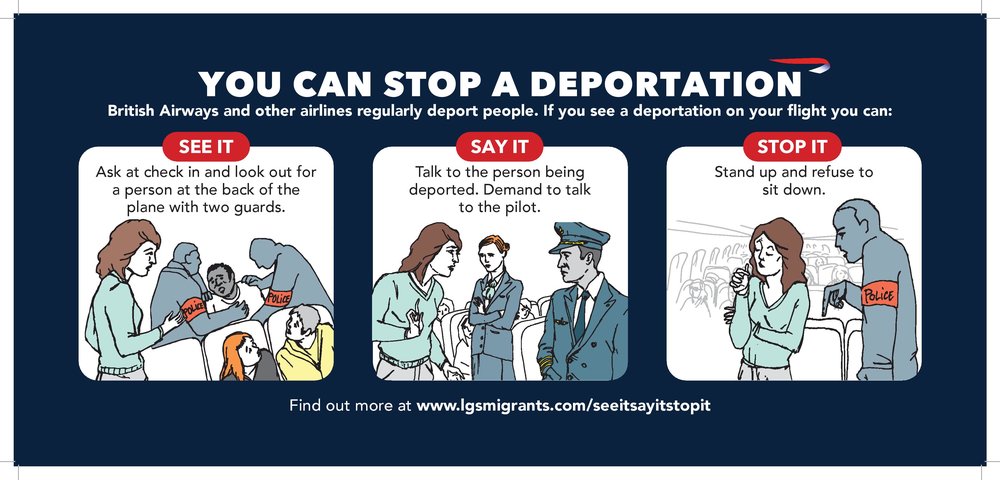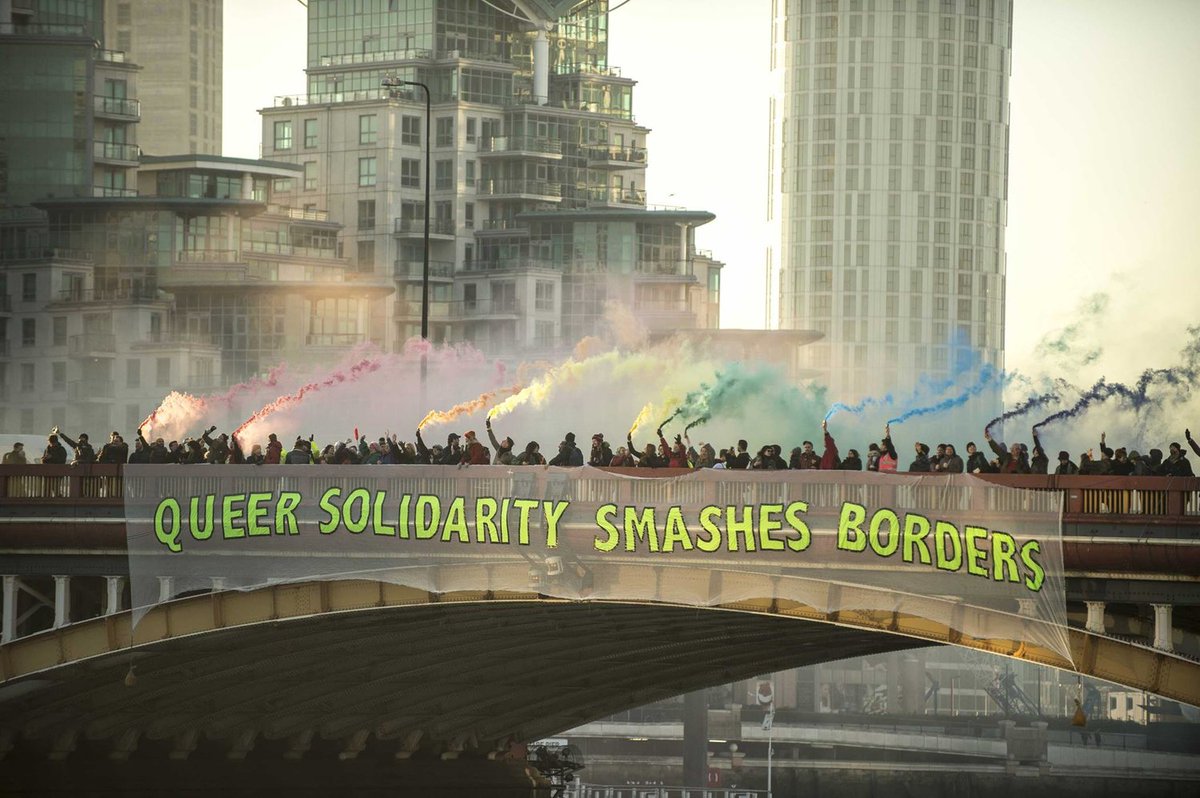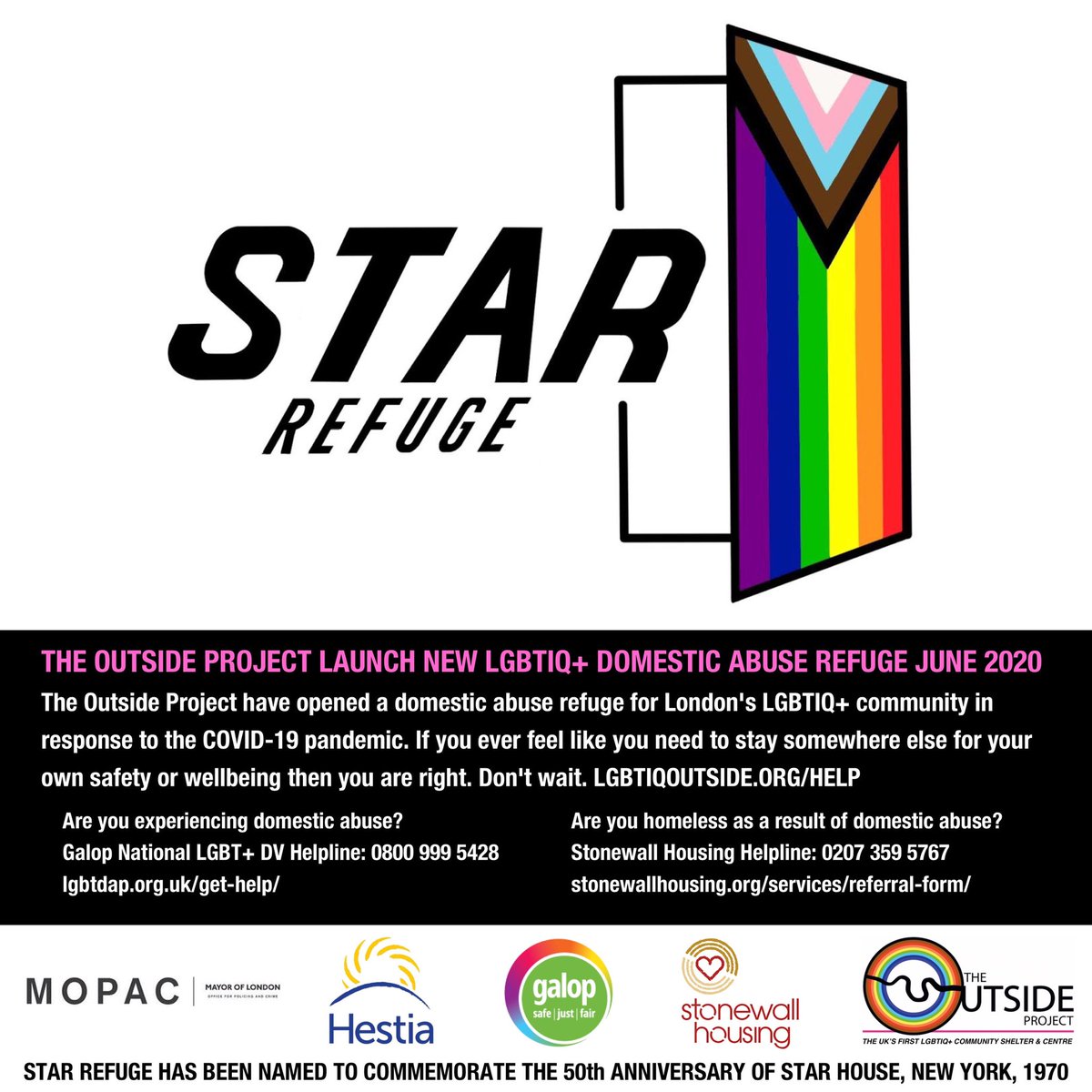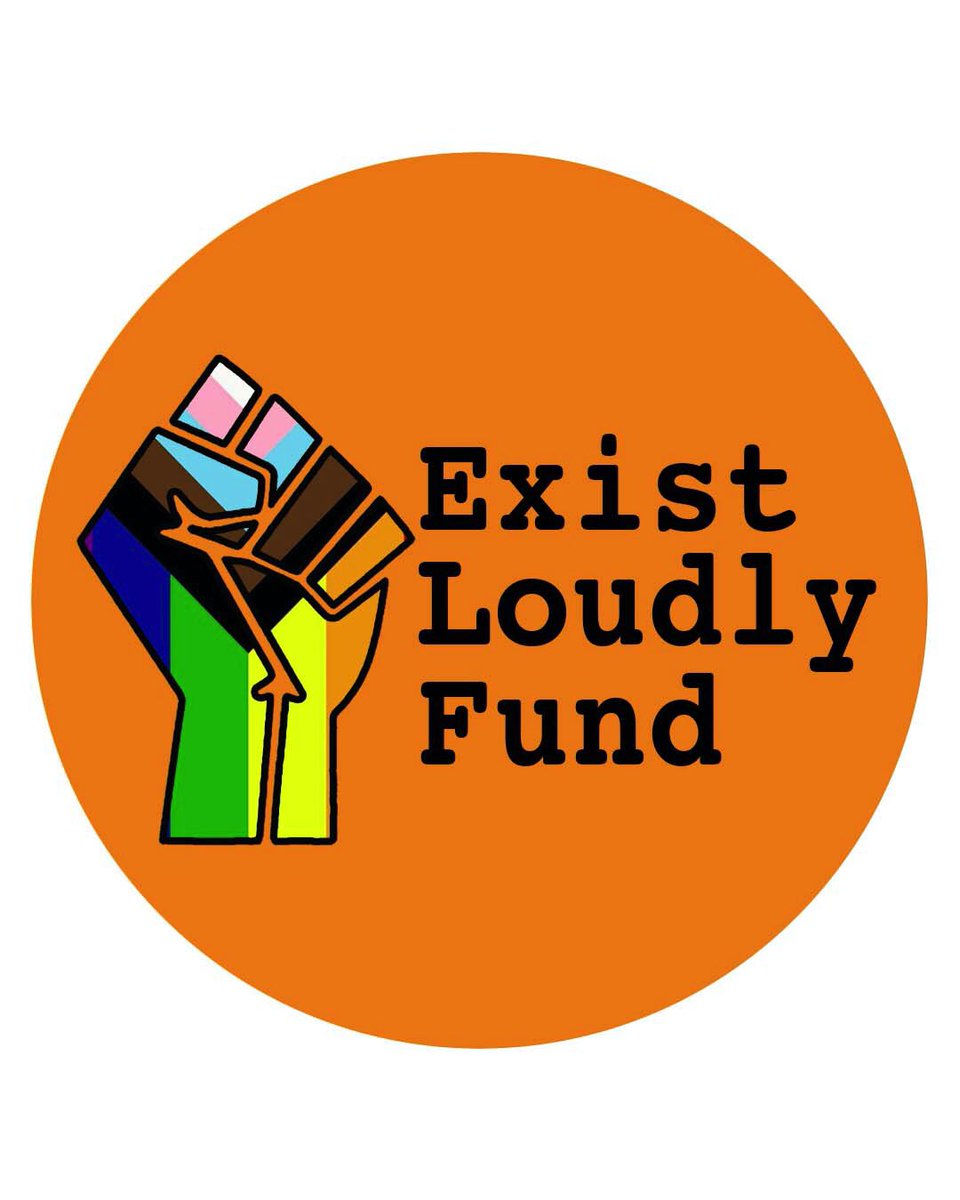Cas ( @QueeringCulture) and Claire here ( @carmineclaire) to talk to you about the History of Pride! We aim to use this as a way to underline wider histories of queer and trans struggle. Join us on this journey, add to the thread and take part in a Q&A with us later on!
In this timeline we hope to amplify the voices of black activists who led the fight for LGBTQ+ rights. Without these voices, actively fighting against racism as much as transphobia, homophobia and biphobia, we wouldn’t have a movement today.
This is our current provocation before we explore past struggles: What are we doing to amplify the voices of black queer and trans activists today? How are we showing our support for all PoC part of the LGBTQ+ community who experience racism both within our community and beyond?
A note on use of “Queer” here. Queer is not an apolitical umbrella term. It’s not an all-encompassing shortcut to mean “LGBTQ+”. It was specifically reclaimed in the late 80s and early 60s during the AIDS/HIV crisis as a way to speak up from the margins...
...actively rejecting the acceptability politics of many lesbian, gay and bisexual people who sought to “assimilate” into the norms of society. “Queer” is fighting not only transphobia, homophobia and biphobia but also racism, misogyny and oppressive societal structures.
Queer activism applied to history is a weapon to fight against present struggles. Let's use it as a political activist tool to reclaim a version of Pride protest too often reduced to a watered-down, “love is love” event rather than a fight to break down all oppressive structures.
Here’s the UK History of Pride Timeline, produced by @carmineclaire ! Want to have a look at the brilliant International History of Pride timeline produced by @QueeringCulture? It’s right here: https://twitter.com/QHForum/status/1275383141612609537
1725: Thirty men at a molly house in Hart Lane, Covent Garden in London fight off a police raid, allowing for many to escape. Molly houses were safe meeting places (in taverns, pubs and coffeehouses) for queer men to socialize and have sex. More here: http://rictornorton.co.uk/eighteen/mother.htm
1732: Molly houses were also early spaces for experimentation with gender expression and gender identity via drag. One regular attendee known as Princess Seraphina brought a case to court about her clothes being stolen. She did not win and would be later prosecuted for sodomy.
1810: Police raids White Swan pub on Vere Street, London - for 6 months it had been a safe space for queer men. Out of the group arrested, the Vere Street Coterie, 8 were convicted, and 6 pilloried (a form of public humiliation). 2 were hanged, under Henry VIII’s 1534 sodomy law)
1861: Maximum sentence for sodomy in England, Ireland, and Wales reduced from hanging to life in prison. Important: “Sodomy” in this legal context was not a term exclusive to homosexual acts. Last recorded execution for sodomy: the execution of James Pratt and John Smith in 1835.
1885: In England The Labouchere Amendment is passed, reducing the maximum prison sentence for sodomy from life to two years but also broadening the scope of the LAW to include any "gross indecency" between two men.
1895: Oscar Wilde attempts to sue the father of his lover, Lord Alfred Douglas for accusing him of being a sodomite, put on trial, convicted of gross indecency under 1885 Act, sentenced to 2 years' hard labour, max. sentence allowed by law. Died 3 years after his release in 1897
Last year, artists McDermott & McGough created an Oscar Wilde Temple at @StudioVoltaire, commemorating Wilde’s imprisonment as well as the lives of LGBTQIA+ activists such as Alan Turing, Harvey Milk and Marsha P. Johnson. The space also hosted queer and trans activist events.
1921 United Kingdom: House of Commons approves clause making "gross indecency by females" subject to same penalties as those between males. House of Lords, however, rejects clause on grounds it would simply publicize a vice that the majority of British women know nothing about(!)
1928: United Kingdom: a court action begins against Radclyffe Hall's The Well of Loneliness. Despite protests from intellectuals, the book is declared obscene and sales are banned in England. More on censorship and queerness here via @HistoricEngland: https://historicengland.org.uk/research/inclusive-heritage/lgbtq-heritage-project/law-and-oppression/censorship/
1954: United Kingdom: The Home Office announces that a special committee (later called the Wolfenden Committee) will be formed to study the issue of sex Law reform.
1957: The Wolfenden Report is published. It recommends that private consensual sex acts between men aged 21 or older be decriminalized.
1963: The Minorities Research Group is the first organisation to openly advocate the interests of lesbians in the UK. Their aims are to "collaborate in research into the homosexual condition, especially as it concerns women..."
1964: Women associated with the Minorities Research Group begin publishing Arena Three, the country's first lesbian magazine. Many of them would later publish Sappho Magazine in 1972. Find out more via this @britishlibrary post:
https://www.bl.uk/lgbtq-histories/articles/arena-three-britains-first-lesbian-magazine
https://www.bl.uk/lgbtq-histories/articles/arena-three-britains-first-lesbian-magazine
And if you are interested in more lesbian activist publications, have a look at @womenslibrary vast archival collection on the subject, including The Ladder, an American 1950s lesbian publication which would inspire the creation of Arena Three: https://womenslibrary.org.uk/explore-the-library-and-archive/the-archive-collection/
1965: Some members of the Minorities Research Group found Kenric, now the the longest-running lesbian organisation in the UK. Their archives are currently stored at London Metropolitan Archives.
1966: Beaumont Society created to help trans people find community support. In 70s April Ashley divorce case meant docs could no longer be altered for trans people to maintain privacy. Article on UK trans right history by author&activist @christineburns: https://www.allabouttrans.org.uk/mystery-trans-history-christine-burns-working-address/
1967: The Sexual Offenses Act decriminalizes some sex acts between men in England and Wales - provided they are in private, between two men having reached 21.This did not delete buggery and gross indecency offences - and men could still face prosecution under many circumstances.
1970: Gay Liberation Front established at LSE, influenced by the Stonewall Rebellion the year before in the US. Hear from Ted Brown in this oral history project by @SpkoutLDN_LGBT about growing up gay and Black and attending his first GLF meetings. http://www.speakoutlondon.org.uk/oral-histories/ted-brown
1971: The GLF interrupt British Christian Nationwide Festival of Light, whose agenda included homophobia, with a series of demonstrations. Lesbian activists invaded the platform of the Women's Liberation Conference demanding recognition. (Image: GLF members arrested in 1971)
1972: First British Gay Pride Rally held in London with 2000+ people marching. It took place 1st July, the nearest Saturday to the anniversary of the Stonewall riots. The first non-official marches took place in 1970 with 150 men walking through Highbury Fields in North London
1974: @switchboardLGBT - the LGBTQ+ Helpline, was established taking its first call on 4 March, providing information and advice for the LGBTQ+ community. All phone volunteers self-identified as lesbian, gay or bisexual. Archives at @BishopsgateInst: https://www.bishopsgate.org.uk/collections/switchboard
1975: Gay Left socialist journal by gay men begins publication. Contributors included artist Angus Suttie, who has some works within @mimauseful’s collection. His essay “From Latent to Blatant: A personal account” can be read in Gay Left’s online archives: http://gayleft1970s.org/issues/issue02.asp
1976: 1st LGBT youth group London Gay Teenage Group formed by Phillip Cox & Paul Welch. “LGTG gave me the confidence to be openly gay. I'm proud to have been at the start of a movement that led to many of freedoms young LGBT people have today in the UK" Steven Power, chair 76-80
1978: Launch of Achilles Heel, anti-sexist magazine produced by socialist men with aim of "changing the nature of our relationships with women and with each other as men (...) raligning [sic] ourselves with the womens and gay movements (...) against sexual oppression" - 1st issue
1980: The first Black Gay and Lesbian Group is formed in the UK and received funding in 1985 for a centre. When the Greater London Council was abolished in 1986 funding for the Centre came by donations and membership. It remained active into the 1990s.
https://blogs.lse.ac.uk/lsehistory/2016/10/31/theblacklesbianandgaycentre/
https://blogs.lse.ac.uk/lsehistory/2016/10/31/theblacklesbianandgaycentre/
Via the @SpkoutLDN_LGBT oral history project hear from Savi Hensman, one of the founders of the Black Gay and Lesbian Centre talking about her experences as well as combining her sexuality and faith part of the Lesbian and Gay Christian Movement. http://www.speakoutlondon.org.uk/oral-histories/savi-hensman
1981: Greenham Common Women's Peace Camp established protesting nuclear weapons at RAF Greenham Common in Berkshire. First blockade occurred in 1982. The camp was active 19 years. Many lesbians were involved in the movement. Banner by Talia Campbell in @AmgueddfaCymru collections
1982: Terry Higgins dies of AIDS in St. Thomas’ Hospital, his partner Rupert Whittaker, Martyn Butler and friends set up the Terry Higgins Trust (became the Terrence Higgins trust) the UK’s first AIDS charity. In 83 men who have sex with men are asked not to donate to blood banks
The Lothian Health Services Archives has a vast archive devoted to activism and prevention against HIV/AIDS archive - including archive of the Lothian Gay and Lesbian Switchboard covers thirty years of LGBTQ+ history in Edinburgh, Scotland and beyond.
http://www.lhsa.lib.ed.ac.uk/source/LGBTQ.htm
http://www.lhsa.lib.ed.ac.uk/source/LGBTQ.htm
1984: @LGSMpride supporting striking workers in miners' strike of 1984 and 1985 is launched. They used to meet at @gaystheword and collect money for the striking miners. In 2017 a blue plaque was unveiled above it for co-founder of LGSM Mark Ashton.
1984: The London Bisexual Group ran "The Politics of Bisexuality" conference in Highbury. A second event was attended by over fifty people in 1985. By the end of the decade, the event would be called BiCon.
1982: Community-led Gay London Police Monitoring Group @GalopUK established as anti-violence/anti-abuse charity, supporting people experiencing biphobia, homophobia, transphobia, sexual violence or domestic abuse, problems with police or with questions on criminal justice system
Black Lesbian, by Ingrid Pollard, Greenwich Mural Workshop, Lenthall Road Workshop, 1984 @V_and_A She is an artist and photographer who explores notions of Britishness, belonging, and the hidden histories of the rural and its colonial relationships to Africa and the Caribbean.
1985: London support group Body Positive is set up as a self-help group for people affected by HIV/AIDS. The same year Health Minister Kenneth Clarke enacts powers to detain people with AIDS in hospital against their will.
Sunil Gupta undertook activism in 80s part of the British Black Arts movement and Autograph ABP. Coronet Cinema, Notting Hill Gate in @Tate collection shows him and his white lover posing outside a cinema advertising the 1985 film My Beautiful Laundrette
https://www.tate.org.uk/art/artworks/gupta-untitled-from-the-series-reflections-of-the-black-experience-p13783
https://www.tate.org.uk/art/artworks/gupta-untitled-from-the-series-reflections-of-the-black-experience-p13783
1986: Blackout, a black lesbian and gay magazine, printed its first issue in 1986 providing a forum for the many black gay and lesbian groups that had emerged in London at the time.
https://blogs.lse.ac.uk/lsehistory/2016/10/31/theblacklesbianandgaycentre/
https://drive.google.com/drive/folders/1log-hUFj0WN6ps7J4we8j6mXmnRVC55B
https://blogs.lse.ac.uk/lsehistory/2016/10/31/theblacklesbianandgaycentre/
https://drive.google.com/drive/folders/1log-hUFj0WN6ps7J4we8j6mXmnRVC55B
1988: Section 28 introduced. Margaret Thatcher introduced an amendment to the Local Government Act 1988 banning state schools from teaching or promoting "acceptability of homosexuality as a pretended family relationship". This led to a surge in LGBTQI activism.
1989: @stonewalluk founded by group active in struggle against Section 28 of the Local Government Act. The aim from the outset was to create a professional lobbying group preventing further attacks on LGBTQ+ community. Archives held at @BishopsgateInst : https://www.bishopsgate.org.uk/collections/stonewall
Same year @aktcharity formed in Manchester by Cath Hall, an experienced foster carer, and founder member of Manchester Parents Group (MPG), aware of the rejection and ejection of young LGBTQI people from their family home and the homophobia they faced within school and society.
1990: OutRage! founded following murders of Christopher Schliach, Henry Bright, William Dalziel and Michael Boothe and increase in policing of gay people as largest UK gay rights direct action group. Hundreds marched from park Boothe was killed to Ealing Town Hall and held vigil
First OutRage! action took place at Hyde Park toilets against Met Police entrapment of gay men cruising. They invaded police stations, exposed police entrapment operations and warned cruisers with leaflets. 1990-1994: number of men convicted for consensual gay sex fell by 2/3rds
1992: Trans activist Stephen Whittle founded and became vice-president of Press for Change, key lobbying and legal support organisation for trans people in the UK working to change the laws and social attitudes on trans lives. Image: Lobbying Leaflet by Press for Change (1992)
1994: Foundation of London Lesbian Avengers - first action was to invade the Queen Victoria Monument near Buckingham Palace to demonstrate against Queen Victoria’s alleged assertion that lesbians do not exist. More on their website: http://www.lesbianavengers.com/
1995: Eight Lesbian Avengers invade the offices of the Sunday Times in Wapping, East London, with four handcuffing themselves to the editor's desk to protest the publication of an article that accused the Avengers of hating men. Sixty officers turned up to remove them.
1995: Mermaids is founded by a group of parents brought together by their children’s longstanding gender issues. The UK charity offers appropriate resources to young people, their families and carers, and professionals working with gender variant young people.
1995: Tour of West End by Lesbian Avengers on an bus to mark 7th anniversary of Clause 28. "We were talking to specific people from the bus, saying, 'Yes, you in the brown coat, hello, we're lesbians...we can spot your homophobia.” They held a kiss-in by Rodin's The Kiss at @Tate
1998: Bolton 7 group of gay and bisexual men convicted at Bolton Crown Court of the offences of gross indecency. They take their case to the ECHR claiming violation of Article 8. After campaigns by Outrage! and Amnesty International they are awarded compensation by UK Government.
1999: The Queer Youth Network (QYN) established by David Joseph Henry and CN Lester as a UK grass roots civil rights group run by and for LGBTQ+ young people. It aimed to represent their needs and views, providing support and information to those who are just coming out.
2000: rukus! founded by Ajamu X and @TophX with community-based work with Black LGBTQ+ artists, activists and cultural producers, advancing education on Black LGBTQI+ heritage, and lived experience in the UK via archive of oral histories, photographs and cultural artefacts
The rukus! Black LGBT Cultural Archive was launched by rukus! Federation Limited in 2005 and deposited with London Metropolitan Archives in 2010. The archive documents the Black LGBT community’s contribution and ‘lived experience’ in London and beyond:
https://www.cityoflondon.gov.uk/things-to-do/london-metropolitan-archives/the-collections/Pages/rukus.aspx
https://www.cityoflondon.gov.uk/things-to-do/london-metropolitan-archives/the-collections/Pages/rukus.aspx
Ajamu X : "It is important to mention that rukus! is about how we present our politics more playfully. So the name rukus! is a derivative of the word “raucous.” And Rukus is also a well-known African-American porn star." (And Federation comes from Topher's love of Star Trek!)
@TophX : "(...) Stories emerge, about that Pride, or this Pride or that person or this person and you start to realize that the collected memory is not getting stored anywhere. We wanted to reclaim the history and put it centre stage. Reclaiming that history is a political act."
Quotes taken from “Love and Lubrication in the Archives or rukus!: A Black Queer Archive for the United Kingdom” by Ajamu X, Topher Campbell and Mary Stevens: https://archivaria.ca/index.php/archivaria/article/view/13240/14558
2004: @suesanders03, with the help of the Schools OUT UK committee instituted the UK's first LGBT History Month. Its archive is kept at @BishopsgateInst : https://www.bishopsgate.org.uk/collections/sue-sanders-schools-out-and-lgbt-history-month-archive
2005 : Creation of @ukblackpride by @MsLadyPhyll promoting “unity and co-operation among all Black people of African, Asian, Caribbean, Middle Eastern and Latin American descent, as well as their friends and families, who identify as Lesbian, Gay, Bisexual or Transgender."
2006: Queen’s Jewels exploring UK’s black LGBT+ community launches part of London Borough of Lambeth's first LGBT History Month. Co-organiser @TophX said: “In the early days the black press and the gay press ignored the black gay presence and still see it as a minority interest.”
2008: @Genderintell is founded in the UK to increase the understanding of gender diversity. They specialise in supporting young trans people aged 8-25. They have organised resources for trans young people and their allies during COVID-19:
http://genderedintelligence.co.uk/resources/covid19
http://genderedintelligence.co.uk/resources/covid19
2008: @RebelDykes focuses on heritage of London lesbians involved in political movements 1983-1991, including Greenham Common, South London Women’s Hospital Occupation, sex-positive feminism, sex workers rights, anti Section 28, ACT-UP and Poll Tax Riots https://www.rebeldykeshistoryproject.com
They document zines from the period such as Feminaxe, a anarcho-feminist paper from Brixton with a strong emphasis on intersectionality, looking a the politics of housing and squatting, disability, issues related to people of colour and lesbian issues.
“Oh, it was shocking. I was sacked from jobs, spat on in the street, beaten up. it wasn’t all happy days and laughing (...) We fought for the rights we have now. Some of the young people just have no clue. (...) We like, we fought hard for these rights." - Rebel Dyke Fisch
“There have been no books or articles. It’s like it never happened.” Rebel Dyke Fahey explains how their punk feminism was attributed to 90s movements like Riot Grrl and the majority of 80s squat culture focused on men. Read more about Rebel Dykes here: https://www.timeout.com/london/blog/meet-the-lesbian-punks-whove-been-written-out-of-londons-history-042517
2010: @ImaanLGBTQ is founded, a LGBTQI Muslim support organisation. They were going to lead the first Muslim Pride in London this year and continue their advocacy work online, as well as community support with online meetups.
2012: The first London Dyke March takes place, inspired from American Dyke Marches
https://www.pinknews.co.uk/2012/04/04/in-photos-dyke-march-london-2012/
https://www.pinknews.co.uk/2012/04/04/in-photos-dyke-march-london-2012/
2013: The first @TPrideBrighton event takes place. They are a grass-roots, community-led organisation aiming to celebrate and elevate trans, intersex, gender variant and queer people. Look back at some pictures from their past events here: https://transpridebrighton.org/about/
2014: Establishment of @AfricanRainbow1 a non-for-profit charitable organisation that support lesbian, gay, bisexual, transgender intersexual and queer (LGBTIQ) people of African heritage and people of colour. ARF was established in 2014 by a lesbian...
..."in the wake of some Commonwealth countries in Africa’s toxic and draconian anti-gay laws; persecutions and environment which seek to criminalise LGBTIQs for the preference of whom they choose to love.”
2014: EJ Scott launched @MoTransology community collecting project in Brighton. Scott ran community collecting workshops in queer community spaces to create an open-source museum by the trans community, for the trans community.
https://brightonmuseums.org.uk/brighton/exhibitions-displays/brighton-museum-past-exhibitions/past-exhibitions-2019/the-museum-of-transology/
https://brightonmuseums.org.uk/brighton/exhibitions-displays/brighton-museum-past-exhibitions/past-exhibitions-2019/the-museum-of-transology/
2015: @lgsmigrants founded inspired by LGSM. It “stands in solidarity with other communities facing state violence and media attacks. In the current political climate, migrants bear the brunt of far-right violence, face demonisation in the media and are criminalised by the state.
2015: The Royal Vauxhaull Tavern becomes the first ever building in the UK to be given a special listing status based on its LGBTQI+ history. Today, it struggles to survive, like many other historic LGBTQI+ bars and clubs in the UK facing closure due to gentrification.
2016: @QUEERSEUM is founded: is a collective of activists, artists and queer educators leading a a grassroots community campaign for the creation of a queer museum. They are currently undertaking a creative residency alongside the @our_MoH at @LGBTIQoutside
2017: Queer Solidarity banner drop on Vauxhall bridge, coinciding with US Inauguration Day. “I’m here as part of my LGBTQ+ community to show that we stand with others who feel threatened: migrants, muslims, women, people of colour and disabled people.” - Comedian Joe Sutherland
2017: @LGBTIQoutside founded, launched at Pride: “We are LGBTIQ+ colleagues, friends & activists who work in the Homeless sector & have lived experience of homelessness (...) We volunteered to launch the UK’s first LGBTIQ+ Crisis/Homeless Shelter & Community Centre."
This June, they launched STAR Refuge, a domestic abuse refuge for London's LGBTIQ+ community in response to the COVID-19 pandemic. Its name references the refuge for trans youth established by Marsha P Johnson and Silvia Rivera.
https://twitter.com/LGBTIQoutside/status/1269941216512180224
https://twitter.com/LGBTIQoutside/status/1269941216512180224
2020: The Exist Loudly Fund is created by youth worker and community organiser @TanyaCompas
...“to finally set up Exist Loudly as an official organisation and create programming for Queer Black Young People here in London, with the intention to explore how to support young queer Black people outside of London digitally.” https://www.gofundme.com/f/exist-loudly-fund-to-support-queer-black-yp?utm_source=customer&utm_campaign=p_cp+share-sheet&utm_medium=copy_link-tip
Right now: @GenderIntell launches the #TRUSSTME campaign to email the PM as well as call local MPs about proposed rollbacks to safeguards for trans dignity and safety in the UK, shelving much-needed reforms to the Gender Recognition Act. Take action here: https://gra.good.do/trusstme/trusstme/
Today, some might tell you that Pride is “not political”, Pride is “for fun”. But our queer and trans histories are rooted in two things: fighting against oppressive structures...
...and making the government accountable for its homophobia and transphobia alongside its misogyny and racism. The struggle is not over.
Fighting racist structures and decolonising our cultural heritage is directly linked to LGBTQIA+ legacies worldwide.
Colonisation has been complicit in destroying many cultures’ connection with complex understandings of sexuality and gender and imposing their own Eurocentric brand of homophobia and transphobia.
The current climate of transphobia in the UK shows that our rights are never a given and that solidarity is key. Complacency and silence kills. And our joined struggle to exist safely in public space is ongoing.
Black Lives Matter. Black Queer Lives Matter. Black Trans Lives Matter. But it isn’t enough to say it. We need to make sure queer activism - and queer heritage - keep on making this an active practice...
...in the way we keep building our community and fighting to make our current experiences and past stories visible.

 Read on Twitter
Read on Twitter